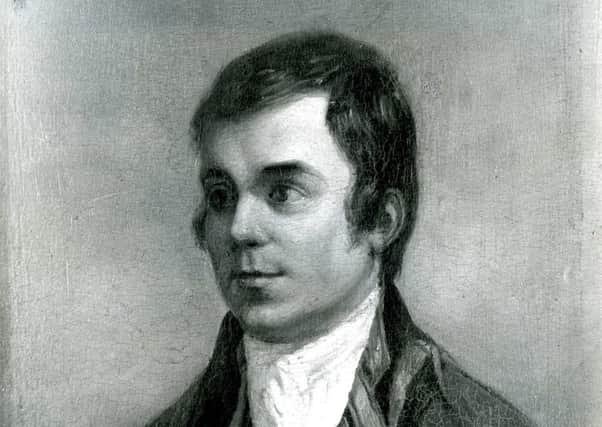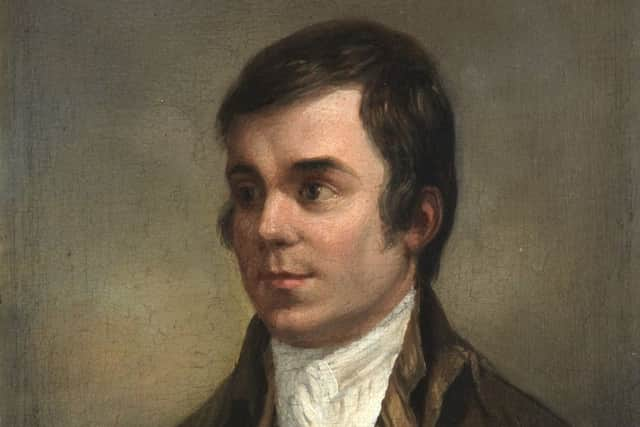Robert Burns: Inspirational quotes and their meaning


He wrote hundreds of poems and songs during his lifetime, many of which are still celebrated today.
We take a look at seven of his most inspirational quotes and the history behind them.
Advertisement
Hide AdAdvertisement
Hide Ad1.But to see her was to love her, Love but her, and love forever.


Taken from the romantic Ae Fond Kiss, And Then We Sever
Burns regularly travelled to Edinburgh and on one such trip became friends with Agnes McLehose. After writing to eachother using pseudonyms ‘Clarinda’ and ‘Sylvander’, burns wrote the poem - more commonly referred to with the shortened title ‘Ae Fond Kiss’ after their final meeting.
McLehose, who was married, received the letter in December 1791, before departing Edinburgh for Jamaica with her husband.
2.Suspense is worse than disappointment.


This quote was written in a letter to an associate of Burns, Thomas Sloan, on December 1 1791.
The two often travelled together around Scotland.
3.Dare to be honest and fear no labour.
Was taken from a Robert Burns letter to R. Graham of Fintry, dated 9th December, 1789.
Burns first mentioned Graham in a letter to Josiah Walker, sent to Blair Atholl from Inverness, and dated 5th September 1787. In it, Burns enumerated the pleasures he had enjoyed while visiting Athole House, among them, ‘Mr Graham of Fintrie’s charms of conversation’.
The two went on to become good friends and Burns wrote to Graham many times.
4.Nae man can tether time or tide
Advertisement
Hide AdAdvertisement
Hide AdThis line is taken from Tam O’Shanter, a poem written by Burns in 1790, in which he vividly describes the drinking classes in Ayr in the late 18th century.
The poem first appeared in the Edinburgh Herald and the Edinburgh Magazine in March 1791 and follows the story of farmer Tam and his wayward friends.
5.Liberty’s in every blow! Let us do or dee.
Considered Scotland’s national anthem at one time, this line is taken from Robert Burns stirring song ‘Robert Bruce’s March to Bannockburn’.
In the lyrics, Burns imagined what ‘one might suppose to be the gallant royal Scot’s address to his heroic followers on that eventful morning’.
Other lines include:
Scots, wha hae wi Wallace bled
Scots, wham Bruce has aften led
Welcome to your gory bed
Or to victorie!
6.Know, prudent, cautious, self-control
Is wisdom’s root.
Taken from A Bard’s Epitaph, a poem of morality about dead a Bard (a name for a strolling musician at that time in Scotland). It follows the story of a talented Bard who became famous but went on to lead a wild life, ruining his reputation.
7.Man’s inhumanity to man. Makes countless thousands mourn!
First documented in Burns poem Man was made to mourn: A Dirge in 1784.
It is possible that Burns reworded a similar quote from Samuel von Pufendorf who in 1673 wrote, “More inhumanity has been done by man himself than any other of nature’s causes.”